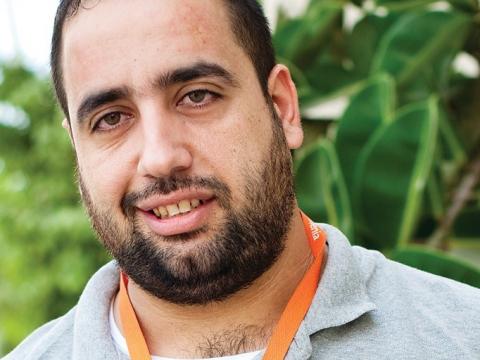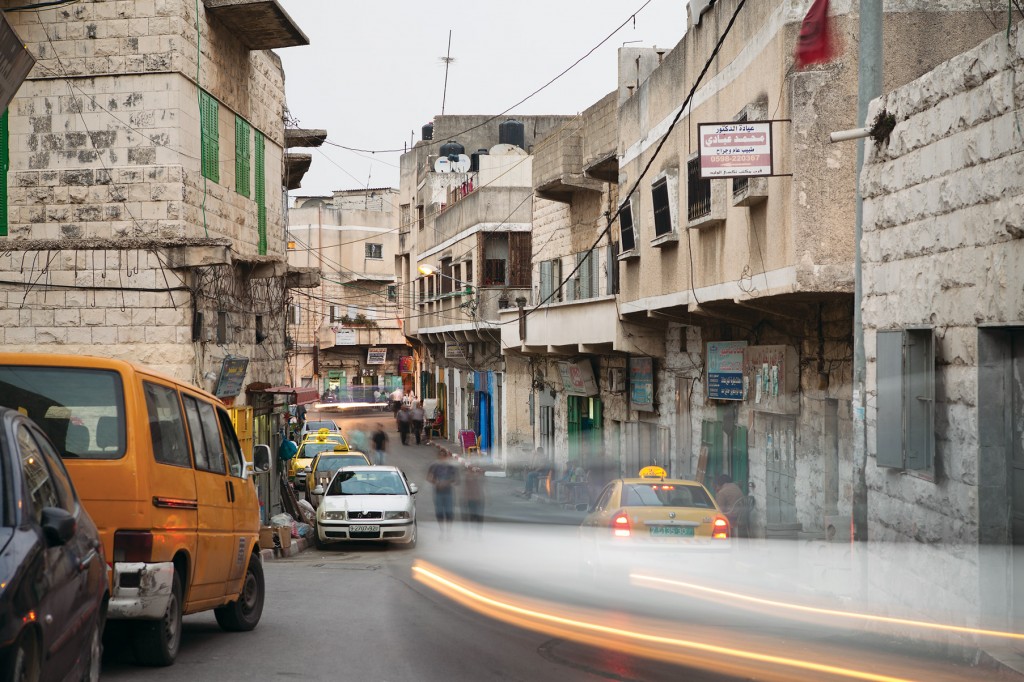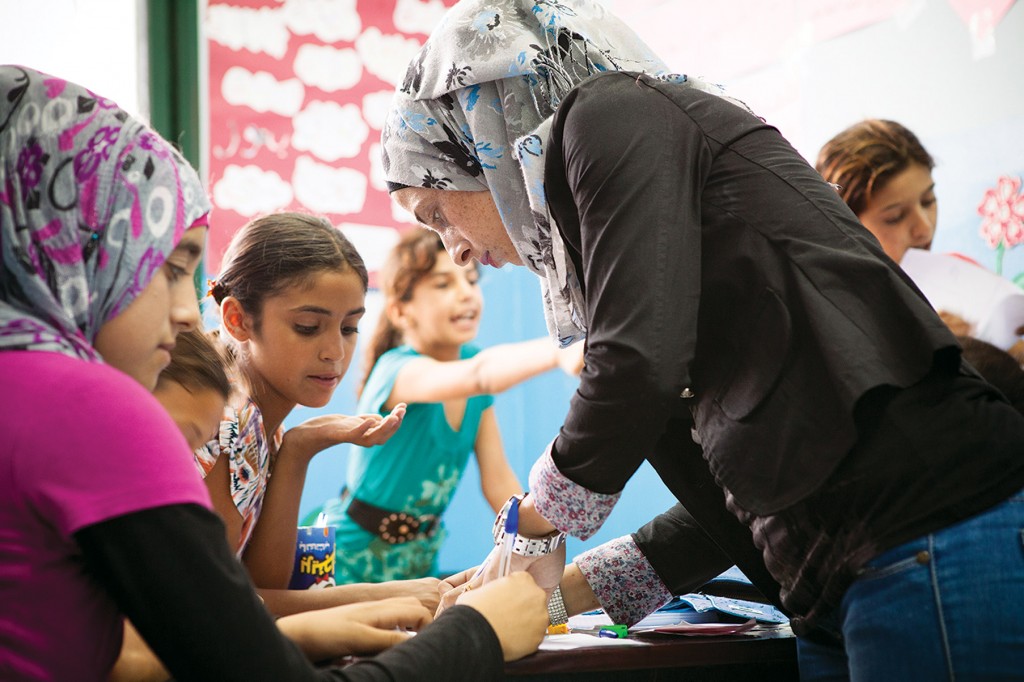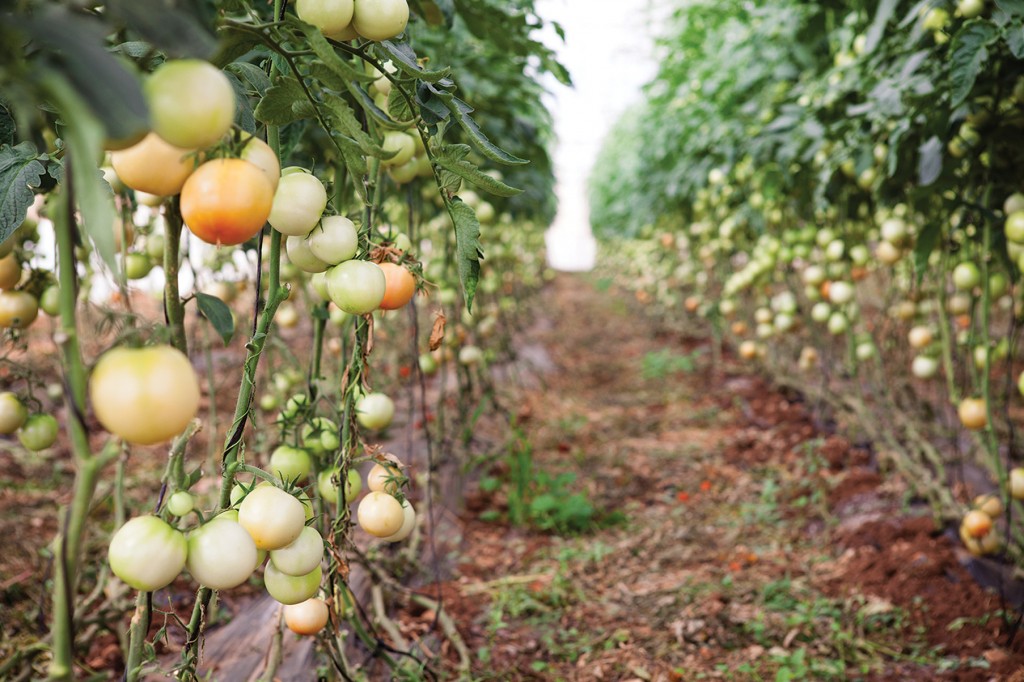He Said, They Said

Then his life changes.
In the middle of a November night, the Israeli authorities find Jack at his parents’ home. They arrest him. He is detained for months. He misses Christmas and he isn’t allowed to talk to or write to his parents.
Finally, Jack is charged and tried for participating in political activities that threatened the security of the State of Israel. Jack spends nearly two years locked away in an Israeli prison.
“My parents were very upset,” says Jack. “They thought, at the time, that they had sent me from my [hometown] Jenin to Bethlehem for a better life and a better education.”
They were wrong.
At the start of the school year, the Israeli authorities sent Jack’s parents a letter stating their son needed to turn himself in. The letter did not explain why. And the family was left guessing. Was it because of Jack’s involvement with the university’s political student council? The council did everything from raise awareness about the effects of the Israeli occupation on Palestinians to arrange the Palestinian Remembrance Day activities. But those weren’t the reasons given. The authorities said nothing. And without a reason, Jack refused to turn himself in. He stayed at his school instead. Later, scared for his safety, he returned to his parents’ home. Then that night in November came.
After being freed from prison, Jack graduated from school and now works for World Vision in his hometown in the West Bank. Here he talks about his life and faith.
Could you describe how you felt after leaving prison?
The moment I remember the most was the minute I arrived at the entrance of my village. The minute I saw it, I felt free. I felt safe. During the whole time I was in prison, I was not allowed to see my parents. The best feeling was when I saw them and my friends at the entrance of the village. We went home and had a party. That was the best moment.
Why did you join World Vision?
I joined because I knew the mission behind World Vision. I could see what they were trying to do. I felt that an organization like this was working to help people.
Describe your work at World Vision.
I am now a community development officer. I help people identify their needs. This includes participation by women and children. I see how we can help with our financial means. I follow up with projects and build relationships with the people in the communities. It’s developed into friendships, not just work.
What role does your faith play?
My faith helps encourage me to continue working with people to make their lives better. Not only economically, but psychologically, too. It also helps me because I don’t want any of the children to reach the point I did or experience what I had to in prison. If I hadn’t stayed strong in my faith in God, if I hadn’t found peace in prayer during my time in prison, I wouldn’t have had the strength to go on and to find work. If I hadn’t found work, I wouldn’t be living the life I am today. So, it’s really important for children to continue studying, to live freely away from the occupation—to live happily. I don’t believe in violence. Just as the Israelis are granted their rights, so, too, should the Palestinians be able to enjoy the same rights. I am convinced that both Palestinians and Israelis can find a way to peace and can live in harmony.
How can Canadians help your community?
They can help by visiting us here, by hearing and seeing the situation from a humanitarian and not a political perspective. There are parents and children living here and it’s important to look at the situation through their eyes. With the funding that Canadians send through sponsorship and other donations, even if it is a small contribution, it helps. It can help a boy or a girl have a park to play in, away from the suffering and violence.
See Jack's story on Child View!


